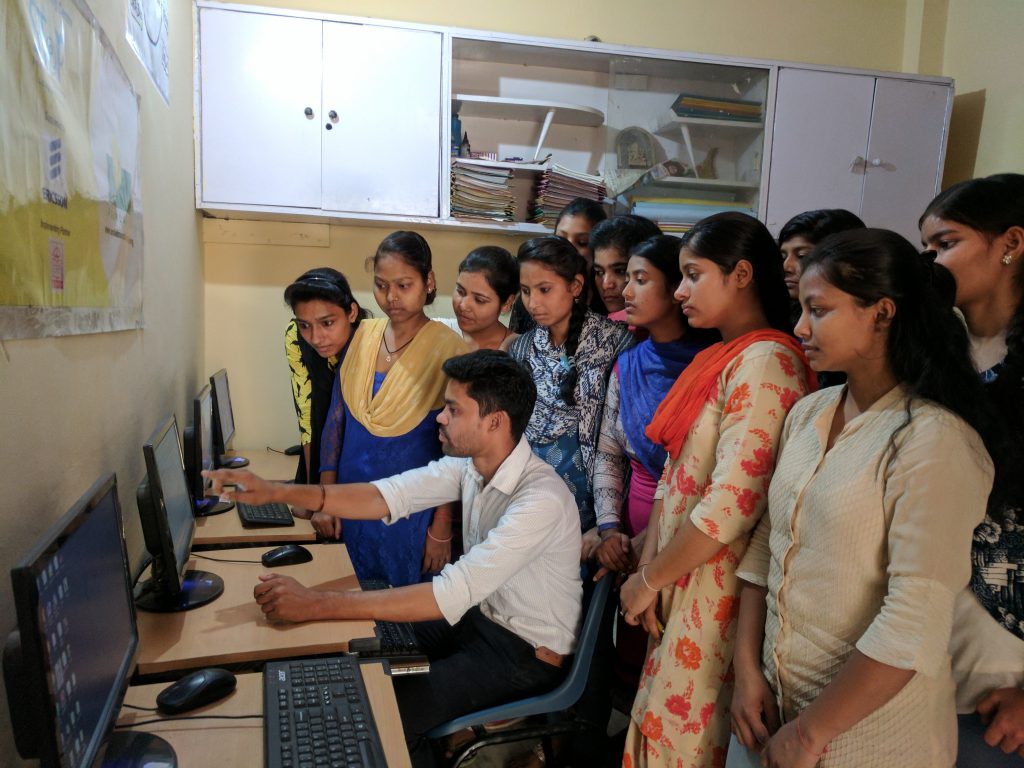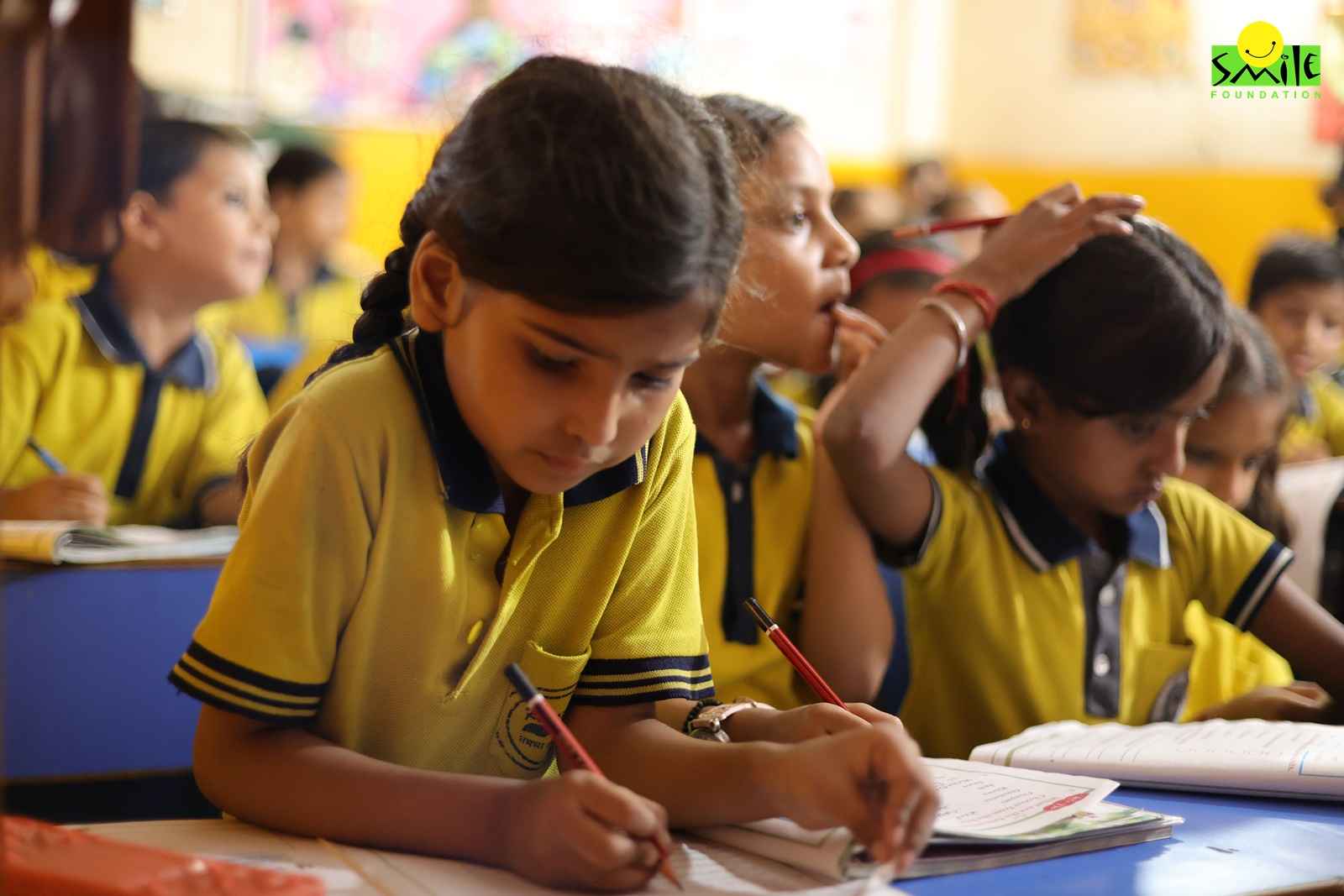In institutional education, few artifacts wield as much influence as the humble report card. These seemingly innocuous documents, often overlooked in their significance, are the focal point of an interesting journey into the history of school education. Wade Morris, a seasoned high school history teacher, published a book titled, Report Cards: A Cultural History.
The Genesis of Report Cards
Morris traced the inception of report cards back to the tumultuous era of the 1830s and 1840s. In common schools, teachers faced the dual challenge of garnering parental support and maintaining discipline among unruly students. What emerged from this experimentation was a means of academic assessment that quickly became a tool of control, crafted by educators at the grassroots.
Evolution and Impact
Over the centuries, report cards evolved from rudimentary assessments to powerful instruments with far-reaching implications. Report cards devolving from their initial purpose became agents of motivation, anxiety and even self-loathing. Despite their inherent flaws, report cards wield a remarkable influence. They shape not only the educational landscape but also college admissions, job applications and juvenile corrections systems.
Unveiling the Power Dynamics
Central to the discourse is the notion of report cards as instruments of documentation and surveillance. Drawing from the insights of Michel Foucault, these seemingly innocuous documents became conduits of power, exerting control through the prism of documentation and surveillance. In the educational ecosystem, report cards wield a unique influence, shaping power dynamics and perpetuating systemic norms.
While researchers and scholars acknowledge the entrenched nature of report cards within the educational milieu, they also invite introspection and exploration of alternative paradigms. There is a need for critical consciousness—a self-awareness beyond tradition and embracing the complexities of the modern educational system. As we understand the tension between assessment and learning, we shall arrive at a more holistic approach to education.
Holistic Progress Report (HPC)
Traditional report cards have undergone significant transformations, reflecting the need for a more comprehensive evaluation approach. The recent introduction of the Holistic Progress Card (HPC) by the National Council for Educational and Research Training (NCERT) marks a revolutionary step towards redefining how we assess student progress.
Gone are the days when students were evaluated solely based on their academic performance at the end of the year. With the HPC, assessment becomes a continuous process, encompassing inputs from various stakeholders including parents, classmates and students themselves. This student-centric evaluation approach not only focuses on academic achievements but also delves into cognitive abilities, socio-emotional skills, and creativity. The shift towards a holistic assessment framework is in alignment with the National Curriculum Framework for School Education (NCFSE) nurturing well-rounded individuals.
At the heart of the HPC lies the idea of working on self-awareness and self-esteem among students. By involving them in evaluating their own performance and their peers, the HPC promotes a culture of reflection and growth. Furthermore, parental involvement in the assessment process provides valuable insights into the learning journey of a child outside the classroom. It strengthens the home-school partnership.
There is excitement about it
The implementation of the HPC has been met with enthusiasm, with several states and CBSE schools embracing this innovative assessment model. Through successful pilot studies and feedback mechanisms, the NCERT has iteratively refined the HPC to suit the diverse needs of students across different age groups. Plans are also underway to digitise student records, streamlining the assessment process and ensuring easy access to student progress data.
Looking ahead, the HPC seems determined to play an important role in shaping the future of education in India. By providing a comprehensive evaluation framework that goes beyond traditional academic metrics, the HPC empowers students to take ownership of their learning journey. As we continue to adapt to the changing educational landscape with innovative initiatives like the HPC contours a more inclusive and student-centered approach to assessment.









